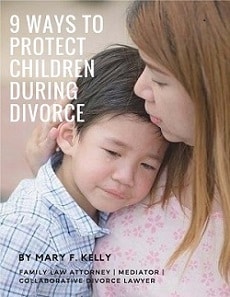Is compassion for someone struggling with alcohol or drug abuse the most important step in helping them to recovery? Or must consequences be imposed in order to get a substance abuser to change his or her life?
Recently, I read an article about consequences and substance abuse in State Bar News, published by the New York State Bar Association. Almost all of us are affected by an active alcoholic or drug user—whether a friend, family member, colleague, or employee— at some point in our lives. Many of us, the writer said, will be asked to give the substance abuser another chance to prove that he or she can stay clean. The closer you are to the user, the more pressure you will feel to be compassionate and understanding and to give the user another chance.
Second chances
But with addiction, the article pointed out, the ordinary second chance is not likely to succeed. Another chance must be “strategically placed.” First, calmly and fully spell out the adverse consequences to the user (for example, “If another incident occurs, I will have to call the police.”). Don’t use verbal threats and tantrums. And you must do it with the certain knowledge that you, as parent, employer, etc. will unequivocally commit to following through on the consequences you invoke. Otherwise, the second chance just becomes a sham.
The article made me think of a former client, a young man who had served two terms in Afghanistan and consulted with me about his marriage. His wife, faced with his post-traumatic stress disorder and alcohol addiction, wanted a divorce. All she insisted upon was his taking over the mortgage and credit card bills immediately. His need for treatment meant nothing to her.
The article also said that arguing or pleading with, or threatening an addict is often futile or worse. The person trying to help feels frustrated, angry, and desperate and his or her relationship with the substance abuser becomes increasingly dysfunctional. My client’s wife—as the spouse of an addict—had likely felt intense pressure to give my client a second chance, again and again, and became fed up when they failed. Maybe their separation was the consequence she imposed.
Couples who can show compassion
But even in divorce, compassion is important. My client had already scheduled a date to enter rehab when we met the first time, yet his wife was pushing him to indemnify her against their financial obligations before he started the program. Couples who can show compassion, even when they are hurt and angry, can reduce the trauma of divorce and focus on a settlement that meets both spouses’ needs. Divorcing couples focused on imposing consequences on each other are more likely to fight bitter legal battles.
There is a difference between enabling, or passively tolerating, the addictive behavior and showing compassion. Showing compassion in divorce means looking at things from your spouse’s perspective, even if you don’t agree with it. As the State Bar News article says about helping someone break addictive habits, a careful combination of compassion and consequences is necessary. Even then, relapse is always possible. But if you can assist a loved one or friend or employee or colleague to take concrete steps to stop abusing alcohol or drugs, you have opened the door to recovery. If you can show compassion to an estranged spouse, you will open the door to a more respectful divorce.
Copyright © 2014 Kelly & Knaplund




